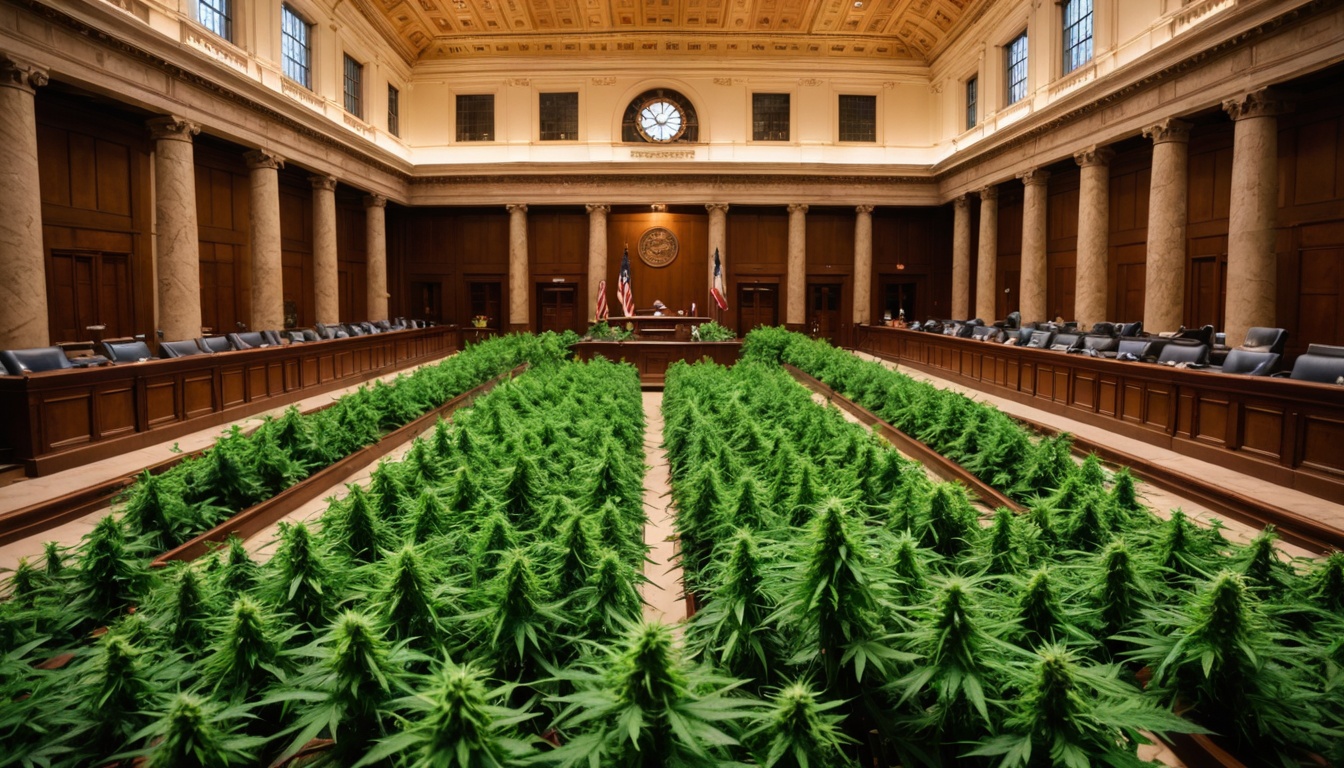One Signature Could Unlock Marijuana Reform
The debate over federal marijuana reform has been ongoing for years, with many advocates calling for change. However, a crucial aspect of this issue has been overlooked: the Attorney General has the power to reschedule marijuana without Congressional approval. This is a game-changer, as it could bring about immediate benefits and pave the way for long-term reform.
Under the Controlled Substances Act, the Attorney General has the authority to reschedule marijuana to better align with international treaty obligations. Specifically, the Single Convention on Narcotic Drugs requires that cannabis be controlled for medical, scientific, and industrial purposes. This means that the AG can reschedule marijuana to Schedule II, III, IV, or V, which would acknowledge its therapeutic potential.
The Single Convention does not mandate prohibition, but rather regulation. In 2020, the UN Commission on Narcotic Drugs voted to remove cannabis from Schedule IV, acknowledging its therapeutic potential. However, marijuana remains in Schedule I of the CSA, which is reserved for substances with no accepted medical use.
The Attorney General’s authority to reschedule marijuana is clear under 21 U.S.C. § 811(d)(1). This provision states that the AG can unilaterally reschedule marijuana if they believe it better serves US treaty obligations. This means that no scientific support, Congressional approval, or public comment is required.
While rescheduling marijuana would likely invite lawsuits, it would still take effect immediately. This would bring about an immediate tax win for state-legal businesses, as IRC § 280E would no longer apply. However, this approach lacks permanence, as future AGs could reverse course.
Congressional action remains essential for long-term reform. The States Reform Act 2.0 is currently the most viable legalization proposal, but it does not eliminate the AG’s authority under § 811(d)(1). A simple amendment could fix this by stating that § 811(d)(1) no longer applies to marijuana.
The marijuana industry has spent millions on traditional lobbying, but this approach has failed to produce meaningful results. It’s time for the industry to evolve its political strategy, which may involve reassessing who gets paid and for what. Success may depend less on policy arguments and more on simply writing a check.
In conclusion, the power to reschedule marijuana already exists, but the industry’s path forward depends on more than legal authority. It requires political will. AG action could trigger immediate benefits, but only Congress can provide lasting certainty. The industry must act decisively to achieve real reform.












